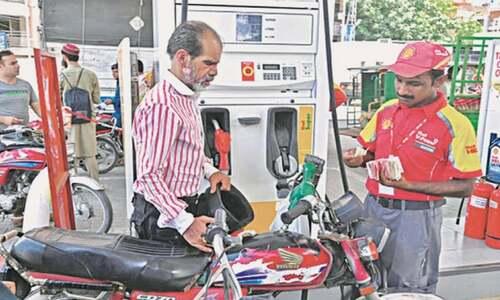Arms provided by the United States and Saudi Arabia to Syrian opposition groups often ended up in the hands of the militant Islamic State (IS) group, according to a report by the UK-based organisation Conflict Armament Research (CAR).
"Iraq and Syria have seen IS forces use large numbers of weapons, supplied by states such as Saudi Arabia and the United States, against the various international anti-IS coalitions that the two states support," reads the study published on Thursday.
The report, "Weapons of the Islamic State — a three-year investigation in Iraq and Syria", is the result of more than three years of field investigation into IS supply chains and presents an analysis of more than 40,000 items recovered from the group between 2014 and 2017. These items include weapons, ammunition, and the traceable components and chemical precursors used by the group to manufacture improvised explosive devices.
According to the findings, 90% of the weapons and ammunition used by IS since 2014 originated in China, Russia and Eastern Europe.
Some of the weapons that were eventually diverted to ISIS were originally provided by the US and Saudi Arabia to Syrian opposition forces over the course of the conflict, adds the study by the arms-monitoring group.
"Supplies of materiel into the Syrian conflict from foreign parties — notably the United States and Saudi Arabia — have indirectly allowed IS to obtain substantial quantities of anti-armour ammunition."
The report concludes that international weapon supplies to factions in the Syrian conflict have "significantly augmented the quantity and quality of weapons available to IS forces — in numbers far beyond those that would have been available to the group through battlefield capture alone".
It warns that IS forces continue to pose a grave threat to regional and international security. "Evidence presented in this report demonstrates that IS forces possess advanced weapon systems, which will pose a threat to regional and international forces in the years to come."
Last month, Iranian President Hassan Rouhani had declared the end of IS.
The Syrian conflict entered a new phase with the capture of Albu Kamal, the last significant town in Syria held by IS, in November.
Iraqi forces last month also captured the border town of Rawa, the last remaining town there under IS, signalling the collapse of the so-called caliphate the group proclaimed in 2014 across vast swathes of Iraqi and Syrian territory.
Despite victory announcements of Syria and Iraq being cleared of the militants, experts have warned that IS retains the capacity as an insurgent group to carry out high-casualty bomb attacks using sleeper cells.












































